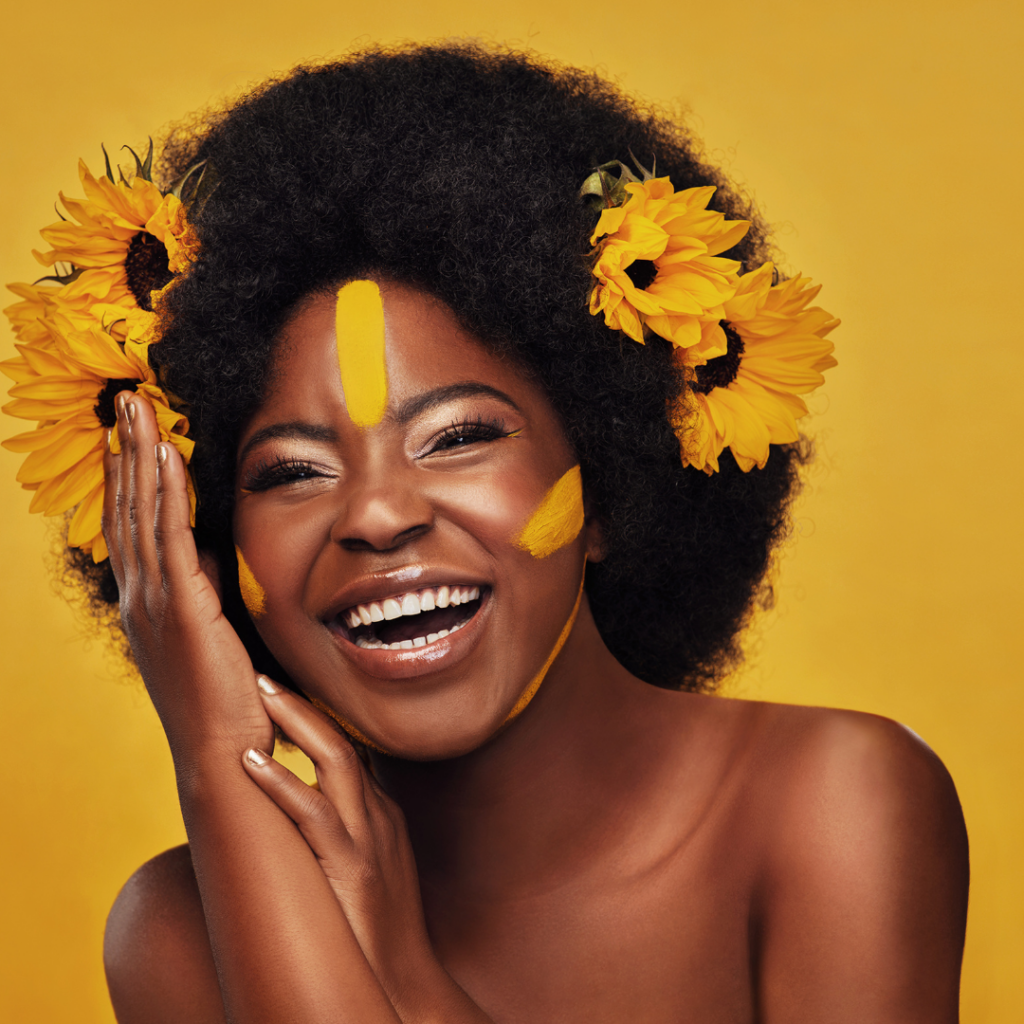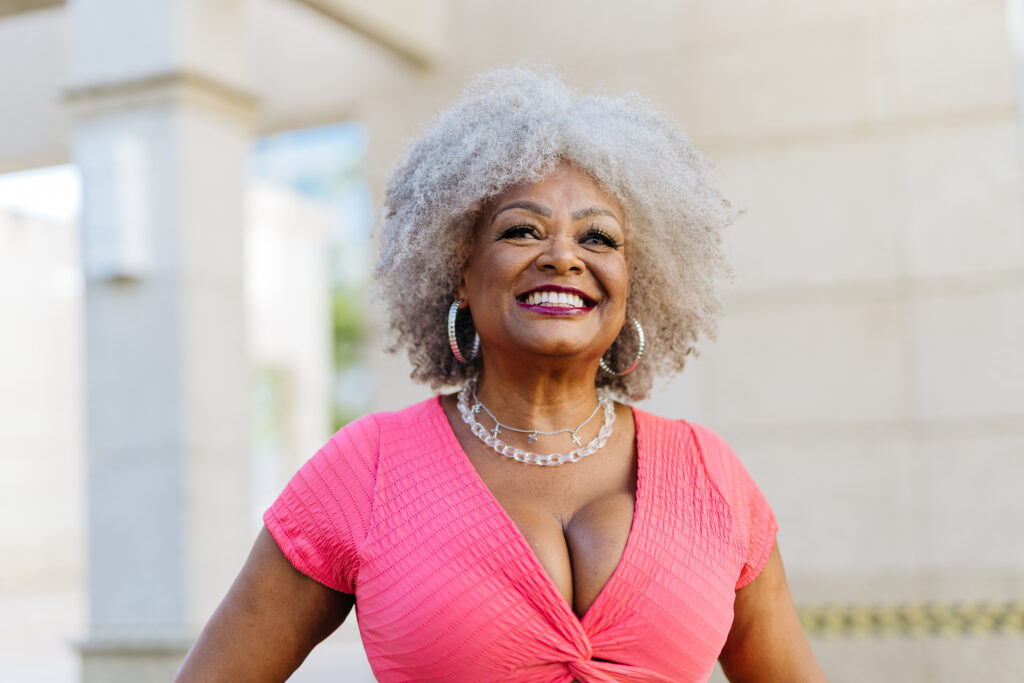
Love for Black Women, who are the survivors of the cruelties of slavery and discrimination, is indeed a revolutionary act. Let us start from the beginning with this story:
A 22-year-old young woman escaped a plantation in Boone County, Kentucky with her family. When they crossed the frozen Ohio River, they thought they had found safety in the underground railroad to freedom. But the slave catchers caught them and rather than subject her girl child to the horrors of rape, neglect, and a life as a slave, she cut the child’s throat. (Source: Rebecca Carroll, New York Times, 2019)
When one digs deeper into the circumstances of Margaret Garner’s life, one must ask the question: Did she murder her child, or did she save her child? Whatever your answer, murdering her child was a revolutionary act.
Motherhood is filled with a multitude of complexities and when one adds on top the culture of slavery, it adds another layer to the normal complexities of being a mother. Let’s think about it. If you have given birth to a child and someone has the “authority” to snatch that baby from your arms and you stand watching your baby being sold away never to see your child again, if you did not go into a psychological rage – that was a revolutionary act.
When you find the love of your life and while marriage was not legal, you lived as man and wife – you are suddenly called to the plantation’s big house and face the announcement that your “Massa” has decided to sell your man, father of your children, to the highest bidder who is located miles away, the fact that you kept going on with your life and raising your children, at least the ones you had left – that was a revolutionary act.
When one is preyed upon, molested, raped, brutally assaulted as well as forced to submit to the sexual whims of the master, the master’s son, neighbor, or overseer, severely punished if you fought back and, as Maya Angelou said, “Denied chastity and refused innocence,” for Black women to keep on living, working, singing, praying, loving and continuing to be functioning human beings – that fact is a revolutionary act.
To be seen as an oversexed, domineering woman whose physical assets are considered ugly, and you choose to take your kinky hair, big lips, ample breasts, and “booty” and make these features so special that they become the envy of women worldwide – that is a revolutionary act.


When you take your kinky hair, part it in geometrical designs, plait it in complex configurations, pile it on top of your head and decorate it with pretty beads and flowers, or, swing with swagger your braids, locs, and curls, or, take your natural hair and shape it into fancy Afro hairstyles, or, change your mind and wear a wig, and you are willing to fight for the right to be whoever you are – that is a revolutionary act.
And you have the nerve to wear loud, bold beautiful colors, and tight dresses that show off your ample breasts, and you strut with your luscious behind swaying as you work, shop and care for your family — love of self, your beauty and culture is a revolutionary act.

We as Black women are often considered loud, brash, bad-tempered, and aggressive. If we are strong, we cannot be feminine and beautiful. We constantly must prove our womanhood. When you think about it, Black women have a right to hate and commit felonious acts against the white society and its laws and practices that disrespect African American women.
YET,
Black Women are: Sojourner Truth, Harriet Tubman, Ida B. Wells, Halle Tanner Dillion, Ariel S.H. Bowen, Clarissa Scott Delany, Portia Washington, Florence Cole Talbert, Margaret Murray Washington, Mary McCloud Bethune, Fannie Lou Hamer, Pauli Murray, Amelia Boynton Robinson, Zora Neale Hurston, Ella Baker, Ida Mae Holland, Bernice Johnson Regan, Eleanor Homes Norton, Joyce Ladner, Rosa Parks, Setima Clark, Anne Braden, Dona Richards, Diane Nash, Deborah Washington Brown, Carole Simpson, Jennifer Lawson, and Gwen Patton. These women, among others, are revolutionaries. They have challenged the status quo, broken barriers and made many accomplishments in family life, politics, civil rights, education, science, and the arts. As Shirley Chisholm once said, “If they won’t give you a seat at the table, bring a folding chair.”
These women, among others, are revolutionaries. They have challenged the status quo, broken barriers, and made many accomplishments in family life, politics, civil rights, education, science, and the arts. As Shirley Chisholm once said, “If they won’t give you a seat at the table, bring a folding chair.”
We Black women continue to love and engage in revolutionary acts that impact society. Our humanity is our salvation and an act of God. Despite this racist society, we continue to love our communities, families, and our beautiful selves. As Lynn Olson wrote in Freedom’s Daughters, Black women are “Determined to have emotional substance, personal growth, and collective cultural expression.” Dr. Lou says, “We are doing so with swagger, innovation, LOVE – and – in vivid colors. THAT IS A REVOLUTIONARY ACT!”
Is it not fabulous to be Fifty and more – and know you can continue our tradition and PERFORM REVOLUTIONARY ACTS? If our ancestors could continue despite the barriers they had to endure, what’s stopping us? I know age is not it. Black is beautiful and does not crack.
Remember, our past is the bridge to our future –Do your thing today to make a difference, and do it because you LOVE!
Next time we will explore sex and love and how it has changed for Fifty and More.
Until next time, I wish you strength, wisdom, and love,
Dr. LOU
This article makes me grateful, proud and sad. Information that every young girl should know. Especially girls of African descent.
wonderful article filled with truths! i could feel the passion of the author. thank you for sharing.
Thank you so much for your comment. So glad to have you here.